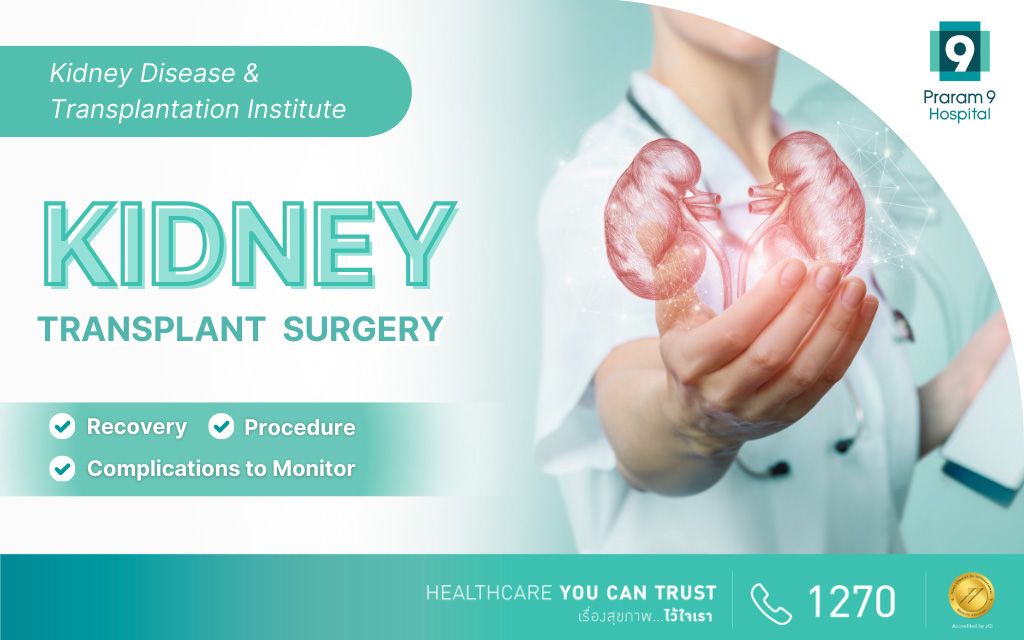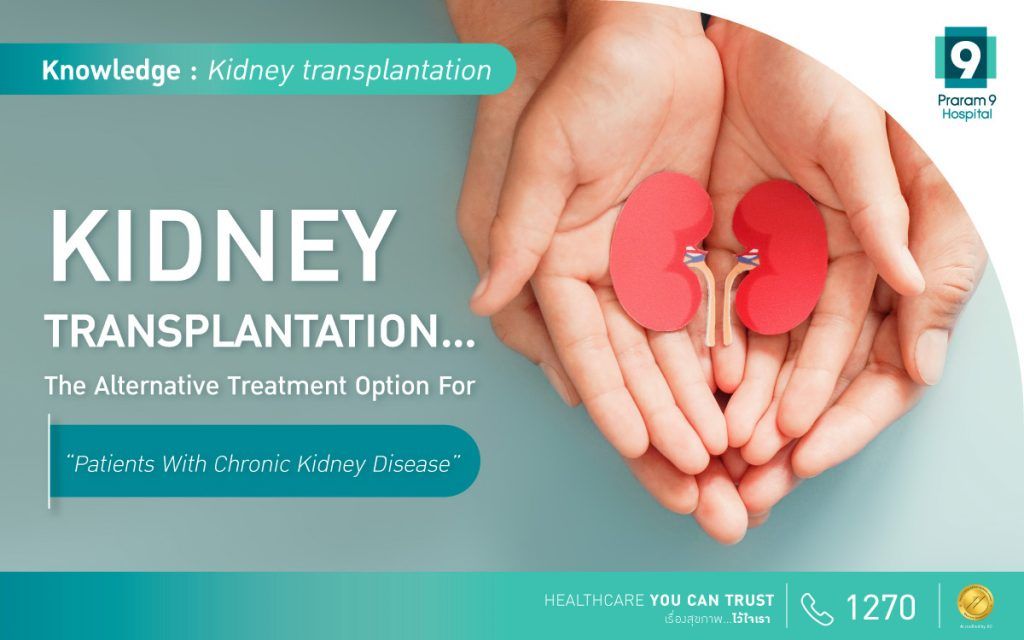
Personal Profile
Expert
- Nephrology
Education
- Doctor of Medicine Chulalongkorn University (First class honors)
- Internal Medicine Chulalongkorn University
- Nephrology Chulalongkorn University
Academic Position
Association/Club Positions
Learning
- Participant and poster presentation at The American Society of Nephrology (ASN) , Sandiego , USA
- Merit Award, Oral presentation: “High Incidence and Mortality of Transitional Cell Carcinoma in Thai Kidney Transplant Patients.”: The European Society for Medical On (ESMO) Asia, Singapore.
Interest
-
Chronic kidney disease and mineral and bone disorders
-
Kidney transplantation
-
Renal replacement therapy
Research
- Susantitaphong P, Laowalert S, Tiranathanagul K, Chulakadabba A, Katavetin P, Praditpornsilpa K, et al. Reliability of blood pressure parameters for dry weight estimation in hemodialysis patients. Therapeutic apheresis and dialysis : official peer-reviewed journal of the International Society for Apheresis, the Japanese Society for Apheresis, the Japanese Society for Dialysis Therapy. 2013;17(1):9-15.
- Laowalert S, Khotavivattana T, Wattanachanya L, Luangjarmekorn P, Udomkarnjananun S, Katavetin P, et al. Bone turnover markers predict type of bone histomorphometry and bone mineral density in Asian chronic haemodialysis patients. Nephrology (Carlton) 2019.
- Mavichak W, Laowalert S, Ativitavas T, Rungprai D. Prolonged Survival and Preserved Renal Graft Function in a Kidney Transplant Patient With Advanced Urothelial Carcinoma Using an Immune Checkpoint Inhibitor: A Case Report. Transplant Direct. 2023 Jun 28;9(7):e1509. doi: 10.1097/TXD.0000000000001509. PMID: 37389014; PMCID: PMC10306423.
- Laowalert, S., et al. Report on post-transplantation cancer in southeast Asia from the Thai kidney transplantation cohort. Sci Rep 14, 20154 (2024). https://doi.org/10.1038/s41598-024-71041-x
Personal Profile
Expert
- Nephrology
Education
- Doctor of Medicine Chulalongkorn University (First class honors)
- Internal Medicine Chulalongkorn University
- Nephrology Chulalongkorn University
Academic Position
Association/Club Positions
Learning
- Participant and poster presentation at The American Society of Nephrology (ASN) , Sandiego , USA
- Merit Award, Oral presentation: “High Incidence and Mortality of Transitional Cell Carcinoma in Thai Kidney Transplant Patients.”: The European Society for Medical On (ESMO) Asia, Singapore.
Interest
-
Chronic kidney disease and mineral and bone disorders
-
Kidney transplantation
-
Renal replacement therapy
Research
- Susantitaphong P, Laowalert S, Tiranathanagul K, Chulakadabba A, Katavetin P, Praditpornsilpa K, et al. Reliability of blood pressure parameters for dry weight estimation in hemodialysis patients. Therapeutic apheresis and dialysis : official peer-reviewed journal of the International Society for Apheresis, the Japanese Society for Apheresis, the Japanese Society for Dialysis Therapy. 2013;17(1):9-15.
- Laowalert S, Khotavivattana T, Wattanachanya L, Luangjarmekorn P, Udomkarnjananun S, Katavetin P, et al. Bone turnover markers predict type of bone histomorphometry and bone mineral density in Asian chronic haemodialysis patients. Nephrology (Carlton) 2019.
- Mavichak W, Laowalert S, Ativitavas T, Rungprai D. Prolonged Survival and Preserved Renal Graft Function in a Kidney Transplant Patient With Advanced Urothelial Carcinoma Using an Immune Checkpoint Inhibitor: A Case Report. Transplant Direct. 2023 Jun 28;9(7):e1509. doi: 10.1097/TXD.0000000000001509. PMID: 37389014; PMCID: PMC10306423.
- Laowalert, S., et al. Report on post-transplantation cancer in southeast Asia from the Thai kidney transplantation cohort. Sci Rep 14, 20154 (2024). https://doi.org/10.1038/s41598-024-71041-x






